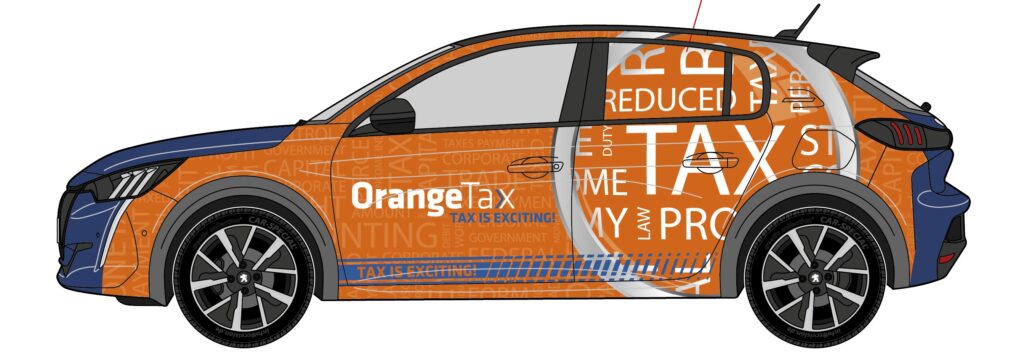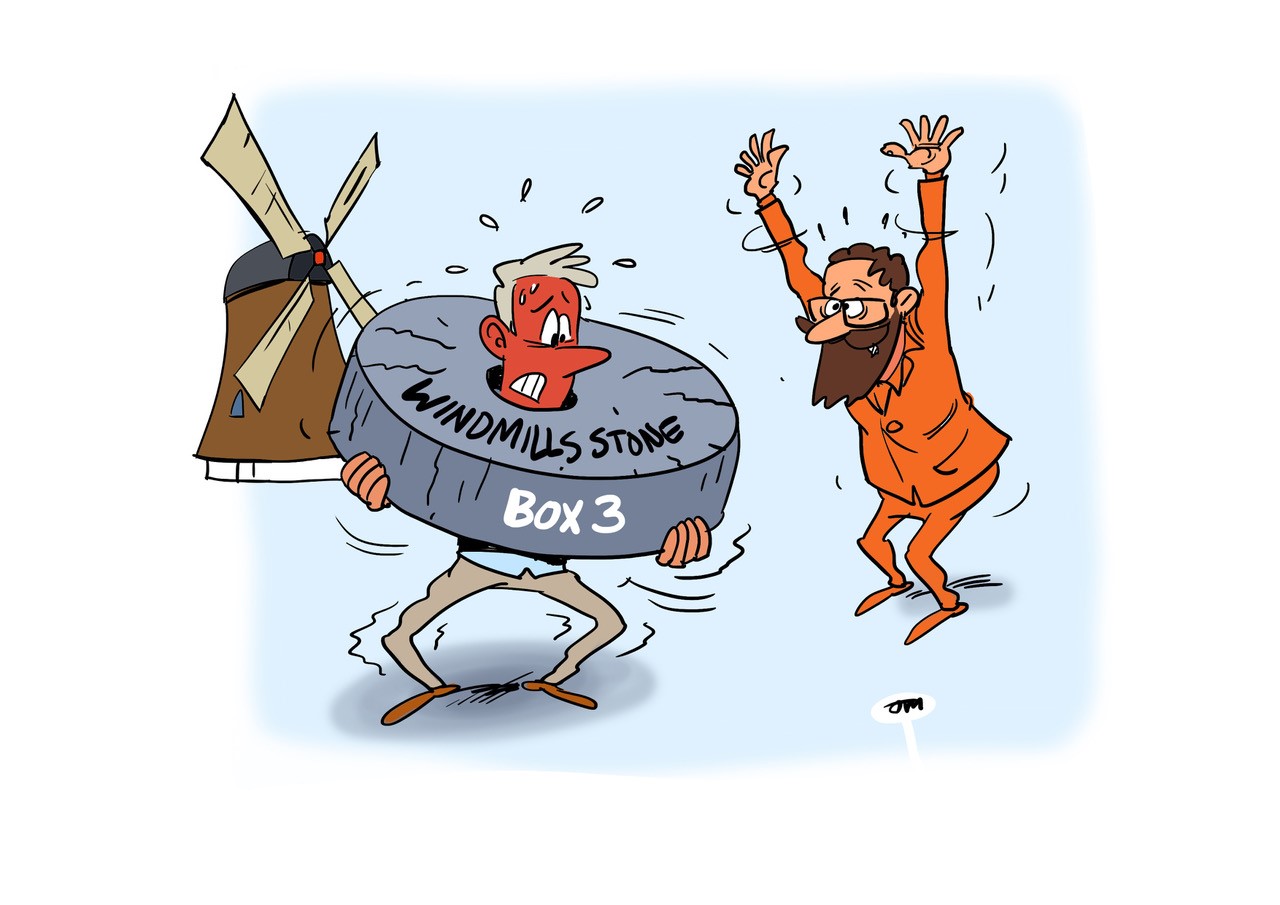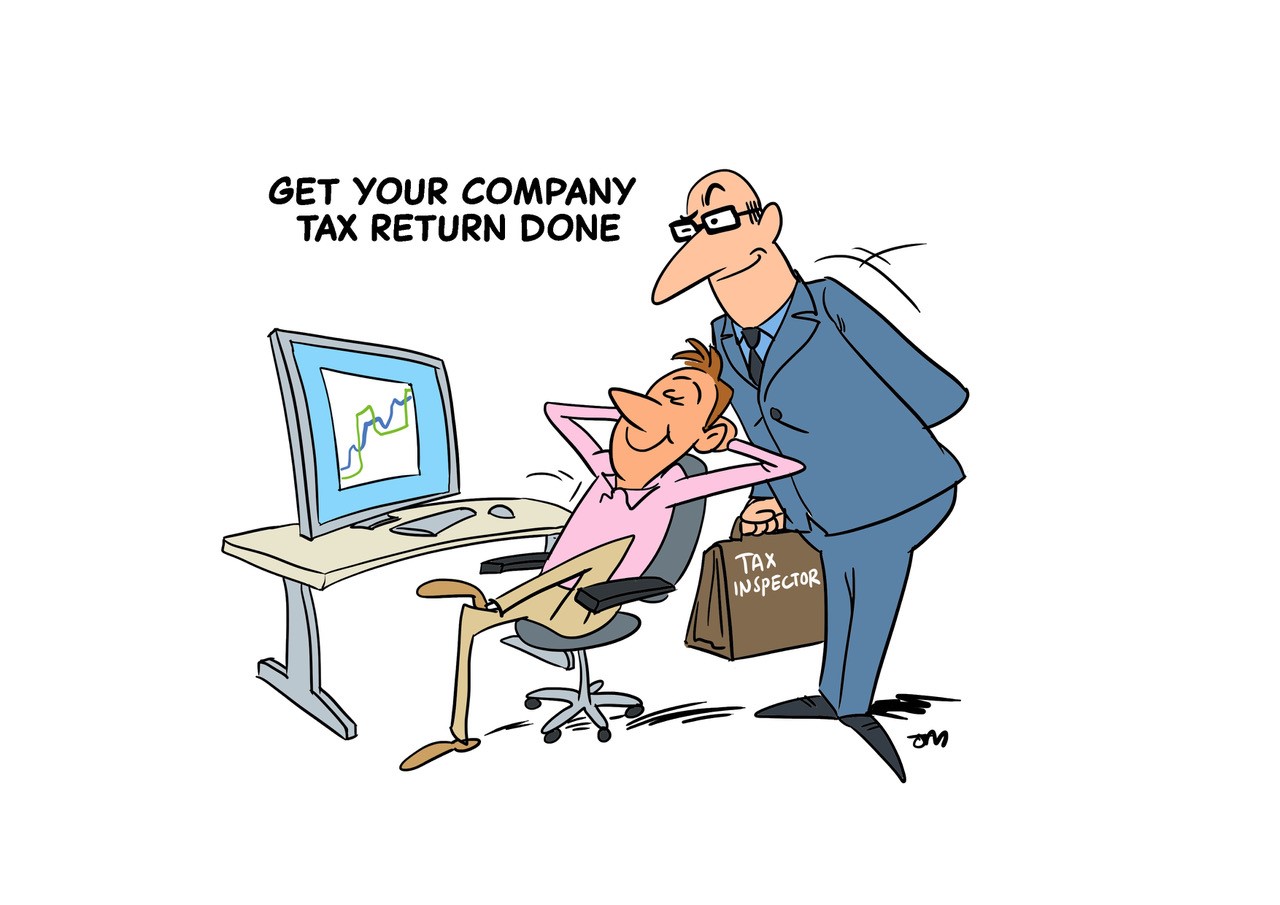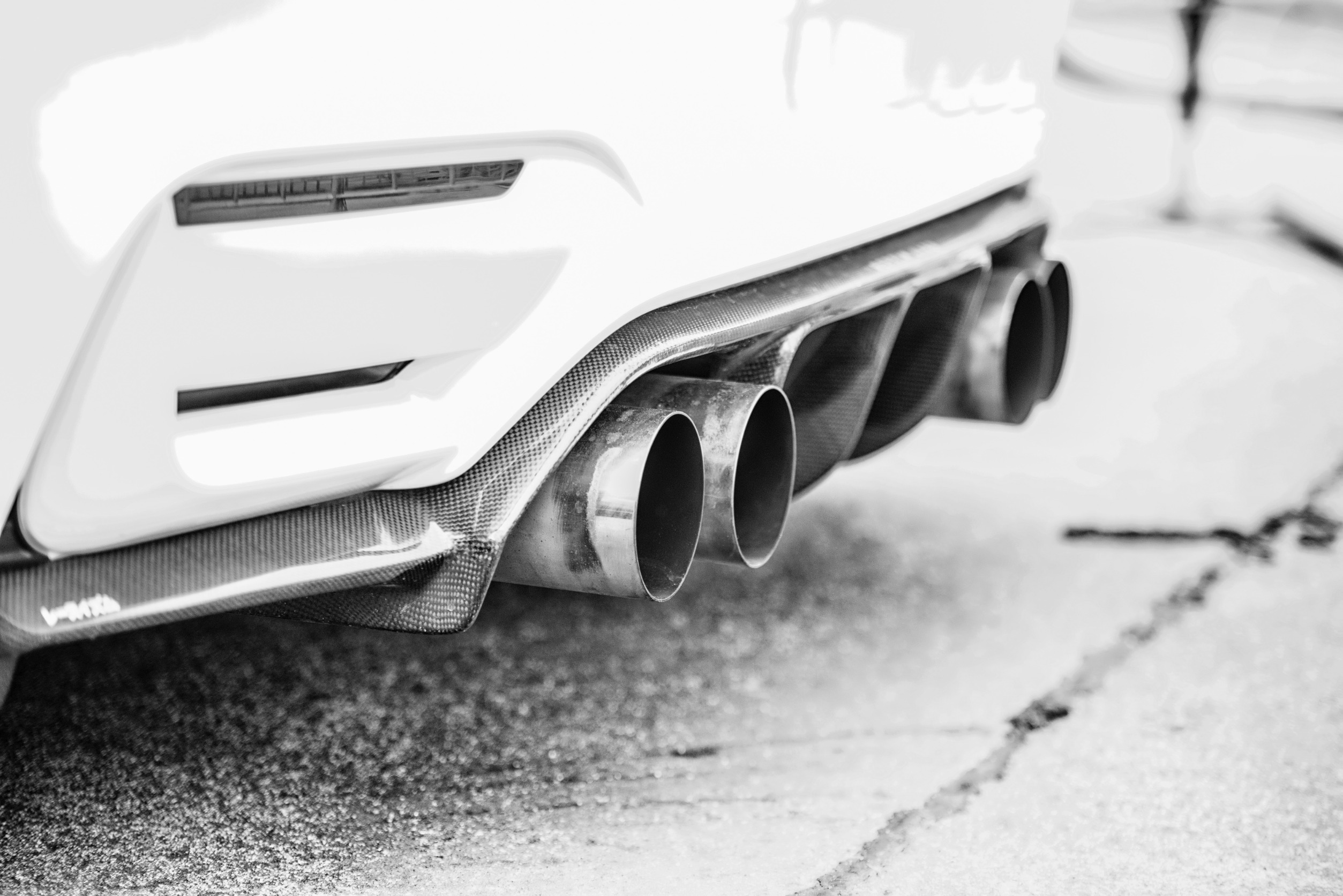Doing business in the Netherlands and the company car. Since decades a hot topic, also today.
Doing business in the Netherlands – company car – self-employed ZZP
You can do business in the Netherlands while living in the Netherlands and running a ZZP or Freelance company. That is a transparent company. That company cannot own anything, due to the transparency. Hence you have in your name a car, that is used by the company.
The advantage is that you can depreciate the car on the company, all costs related to the car you can deduct. The compensation of this deduction is that a percentage of the Dutch catalogue value is added to the result of the company. The standard percentage is 22%, but we have many lower percentages. So many, that this exceeds the purpose of the article. However, most lower percentages will soon disappear and become 22%.
Doing business in the Netherlands – company car – employee
The employee is given a company car. All the employee receives from the employer is taxed. The private use of the company car is a remuneration in kind. A percentage of the Dutch catalogue value of the company car is the value of that remuneration. The percentage is 22%.
As stated above, we have many lower percentages. All temporary percentages, connect with us to learn more about that. One example:
A full electric car purchased in 2020 had 8% added to the income instead of 22%. Maximum 60 months applicable, after that period 22%. In 2021 that percentage was 12%, but limited to a maximum value of the company car. And over time the percentage went up and the maximum value of the car down.
Foreign car and Dutch taxation
A Dutch tax resident is forbidden to drive a car with foreign license plates. The reason is the Dutch tax levied on a car. If an employer would like to offer a company car from another country, that is possible, with conditions.
The employer could have an unused car in their portfolio. This same employer hired a new employee in the Netherlands. Unsure if that employee will stay with the company long enough for the investment in a company car, the foreign car is used.
Regardless of the license plate on the car, the Dutch catalogue value of that exact car is to be used to calculate the remuneration amount for private use.
Then we have the problem of the employee residing in the Netherlands driving a foreign license plated car. For this challenge we can obtain approval from the Dutch tax office. Two types of approval. One for a true employee, the employee can fully use the car in the Netherlands. Nobody else, not his mother, partner or neighbor can drive the car.
The other employee is also a true employee, but a director. The director in a company influences decisions. To avoid that influence resulting in a lucrative foreign company car, a limit is set. With this permit only 1 road can be driven. This road is specified in the permit. This is the road from the office to home and back. Any deviation is in breach of the exemption.
No private use – remuneration added to the income
The company car is a facility provided by the employer. And the employee can drive that car privately as well. That is a remuneration in kind and the general valuation of that remuneration is 22% of the Dutch catalogue value.
What if the employee claims the car is not used privately? Many have gone down this route. The employer should get the keys from the car, park the car behind a gate, outside office hours. So far so good.
On top of that a kilometer administration needs to be provided that show the company car is only used for business. The appointments diary needs to be provided. The speeding tickets are connected with the administration.

Kilometer administration
You might have noticed at the border, amusement parks, shopping malls cameras. Those registrations are connected to the kilometer administration. If something does not add up, the administration is denied. Or if more than 500 kilometers are driven per year for private use, the kilometer administration is denied as well. Then the main 22% rule is in place again.
The moment the employee switches cars and goes from 22% added to the income for private use, to the kilometer administration, the 500km maximum is a deal breaker. The 500 km maximum is for a full calendar year. That implies also for the period you had 22% added to the income. In such a transition year the kilometer administration to prevent a remuneration for private use is added to your income probably does not function. The following years it could.
We have seen many court cases where the evidence of the kilometer administration turned out not to be sufficient. Then the employer is charged with wage tax over the remuneration plus penalty for a maximum period of 5 years retro actively. If the employee is no longer working with the company, hence the remuneration cannot be charged to the employee anymore, that is then again a benefit the employer pays wage tax over. From an employer point of view the kilometer administration is a nightmare.
How the company car is obtained does not influence the taxation of private use
A company car can be purchased by the company. The company can then claim back the Value Added Tax over the company car. You could imagine that is a large amount, but it is not. A large part of the new purchase value is BPM tax. Over that amount no Value Added Tax is calculated.
The company car can be leased. Two types of lease. Financial lease is purchasing the company car via a loan, being the financial lease. The full ownership is obtained the moment the lease contract is finished. Like with purchasing the car, the VAT is one amount paid at the start of the lease contract.
Operation lease, the car never becomes your ownership. The car is used by your company and for that use a remuneration is paid. Every payment includes Value Added Tax. At the end of the contract the car is returned to the lease company. The lease company will then check the wear and tear of the company and charge you for it.
Tax is exciting
We think tax is exciting. A company car is comfortable for the owner entrepreneur employed by his or her own company. But also a good condition for an employee to work with your company. The variety of percentages added to the income is large. Our payroll team is ready to get the company car into payroll action.





